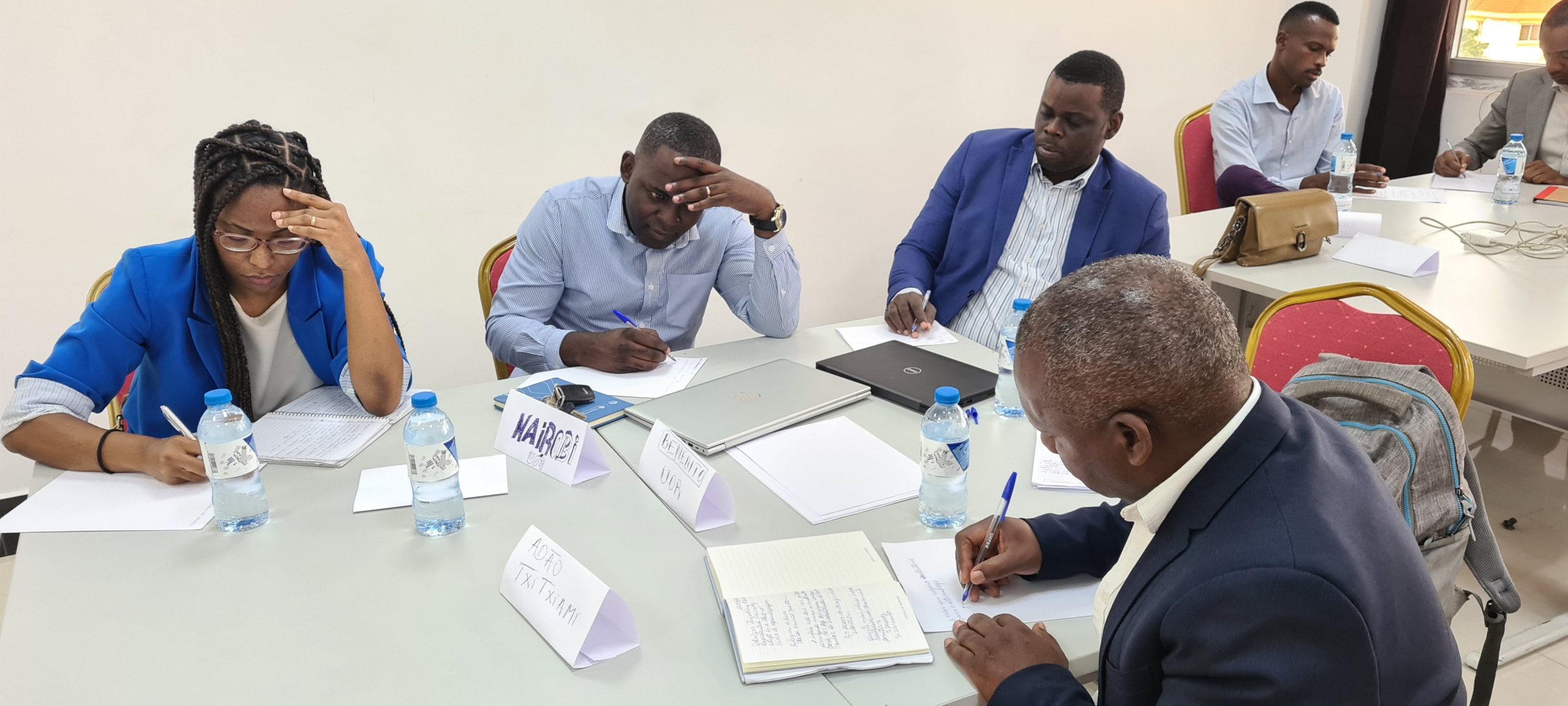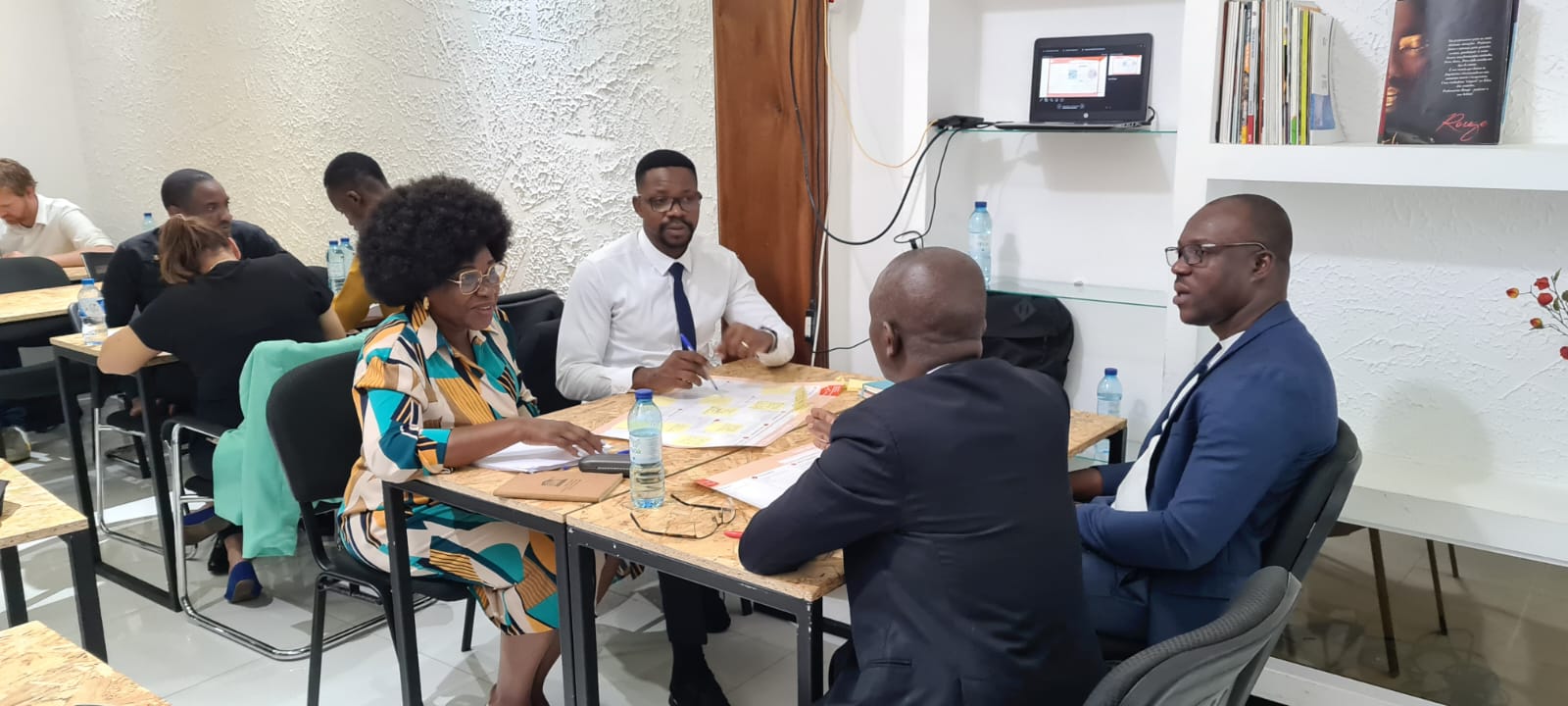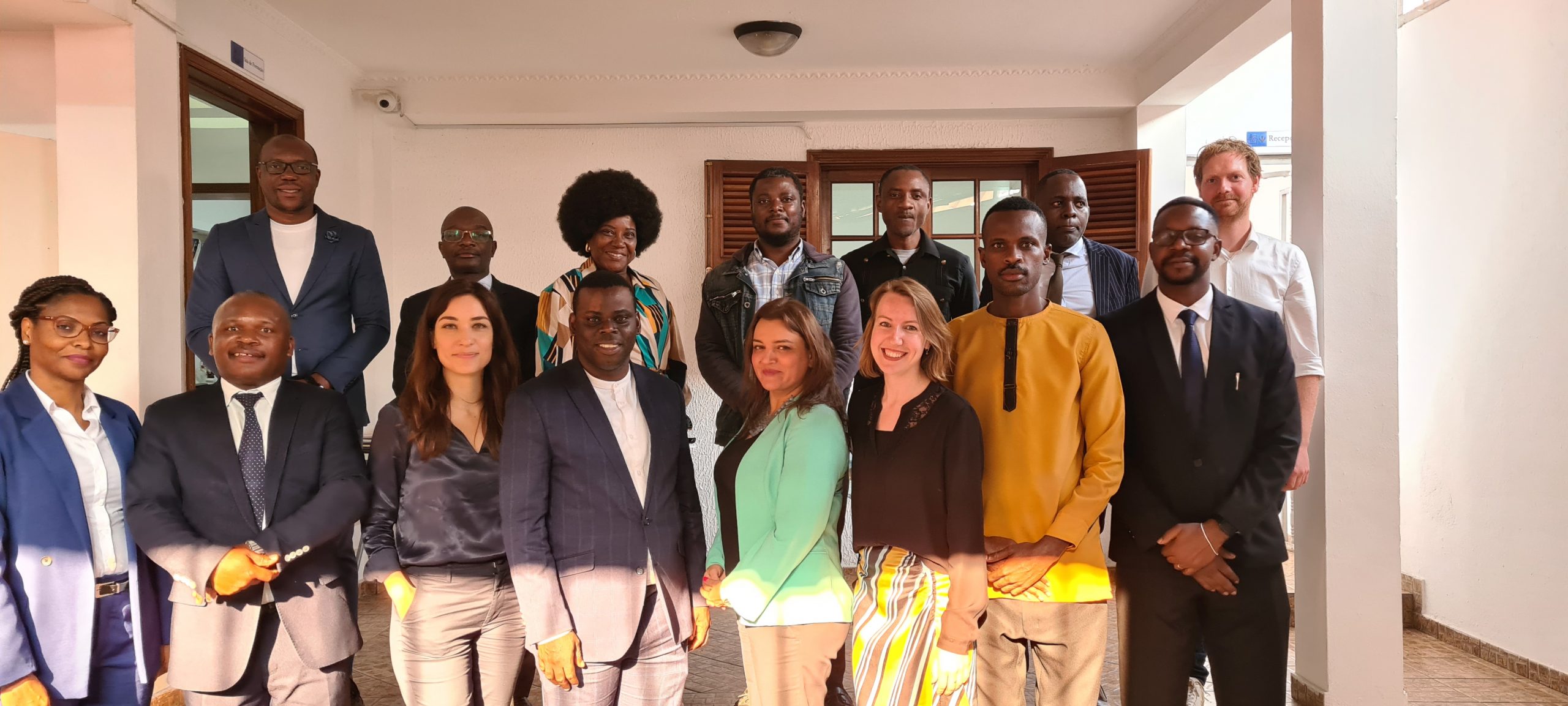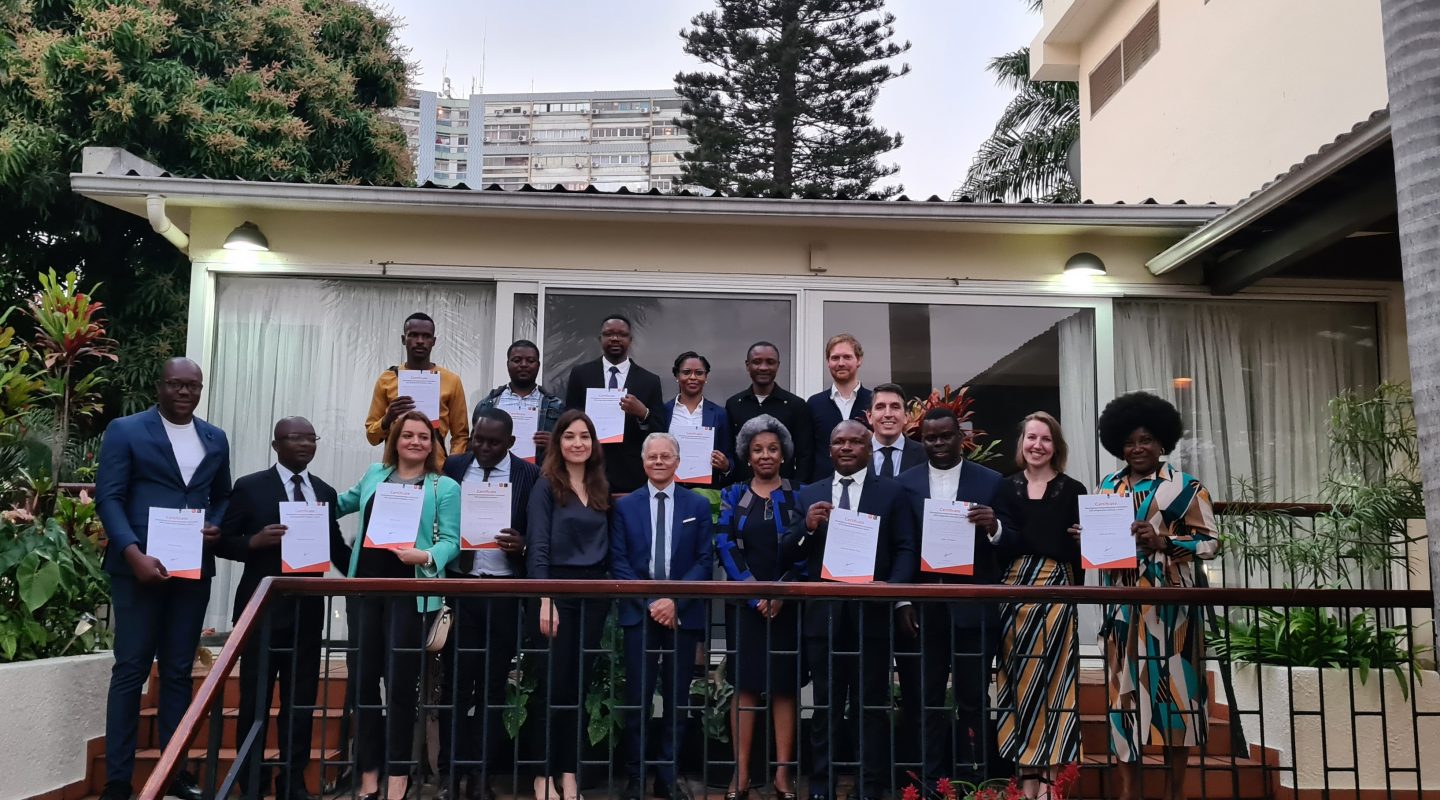Fostering entrepreneurship in Angola: co-creating an entrepreneurship curriculum with our university partners
9 August 2023
In recent years, there has been a growing recognition of the crucial role entrepreneurship plays in fostering economic growth and development worldwide. To better support (aspiring) entrepreneurs in a culture known for its resourcefulness and entrepreneurial spirit, Erasmus Centre for Entrepreneurship (ECE), with the sponsorship of RVO (Netherlands Enterprise Agency), embarked on a knowledge transfer project in collaboration with four Angolan universities.
The primary objective of the K2K entrepreneurship project is to co-create entrepreneurship curricula that rely heavily on experiential learning methods and are tailored to the unique needs and challenges of the Angolan context. By nurturing an entrepreneurial culture and providing practical skills, this project represents a milestone in forging entrepreneurial mindsets and empowering teachers, (aspiring) entrepreneurs, and businesses to drive economic growth in Angola. ECE does this project in partnership with Universidade Óscar Ribas, Universidade Agistinho Neto, Universidade José Eduardo dos Santos Universidade Católica de Angola.

Igniting the learning journey: on-site training module 1
In April 2023, ECE’s team travelled to Angola for the project’s first module, accomplishing two main milestones. We validated the needs assessment by collecting valuable insights to design the train the trainer programme, and delivered an engaging introductory module, during which each university shared its unique perspective and experiences, setting the stage for a cross-cultural learning experience. To mark the project’s official launch, an inaugural event was held at the end of the week, attended by participant universities, members of the Ministry of Higher Education, and representatives from the local entrepreneurship ecosystem. Engaging these stakeholders from the start of the project is important to ensure its sustainability.
Fertile ground
In addition to the enthusiastic participation of all local universities in the K2K project, there has also been significant interest from Angola’s Higher Education Ministry. As Angola is currently going through an overhaul of its higher education system, the Ministry is looking to implement a “harmonised” curriculum system for higher education institutions. In this system, 70% of the curriculum is standardised and 30% is contextualised to each faculty and/or institutional needs. Notably, the Minister of Higher Education has indicated her support for the project, which she sees as a gateway to create a harmonised entrepreneurship curriculum to be applied throughout Angola in the future.

Unleashing great potential: on-site training module 2
The second module took place in Luanda, where ECE’s team and faculty members from the participating Angolan universities converged for a week-long intensive exchange of knowledge, expertise, and curriculum development. The sessions were thoughtfully designed to blend theory with practice through hands-on workshops and collaborative projects, providing a comprehensive, experiential and engaging approach to curriculum development.
A highlight was the reception at the Dutch ambassador’s residence on the last day, where participants showcased version 3.0 of their curriculum. This event provided a valuable platform for networking with representatives from the Ministry of Higher Education and the local entrepreneurship ecosystem. By fostering connections between various pillars of the ecosystem, our aim is the adoption of the curriculum throughout Angola’s Higher Education Institutes and encourage fruitful collaborations between the private and academic sectors.
The second in-person module concluded with a strong sense of achievement and a renewed enthusiasm for future collaborations. Both ECE and the Angolan universities are fully committed to sustaining the partnership, ensuring an ongoing knowledge exchange, and taking the curriculum drafted during the second to its polished final version and transversal implementation across faculties.
What’s next?
Between now and our next visit to Luanda in October, the universities will join tailored feedback sessions to support them in refining and piloting elements of their developed entrepreneurship curriculum. These sessions will serve as a platform for engaging discussions, allowing faculty members and ECE’s team to assess the curriculum’s progress together and identify areas for further improvement. Once version 4.0 is ready, we will gather again in Angola for the final module and a special wrap-up event aimed at promoting entrepreneurial education in Angola.
Curious to know more about our international education projects? Reach out to Jip Dresia at education@ece.nl

The knowledge transfer project was made possible through the support of RVO (Rijksdienst voor Ondernemend Nederland), the Netherlands Enterprise Agency. RVO plays a vital role in promoting sustainable development and economic growth in partner countries. By funding projects that encourage innovation and entrepreneurship, RVO helps countries like Angola build a solid foundation for their economic future.
